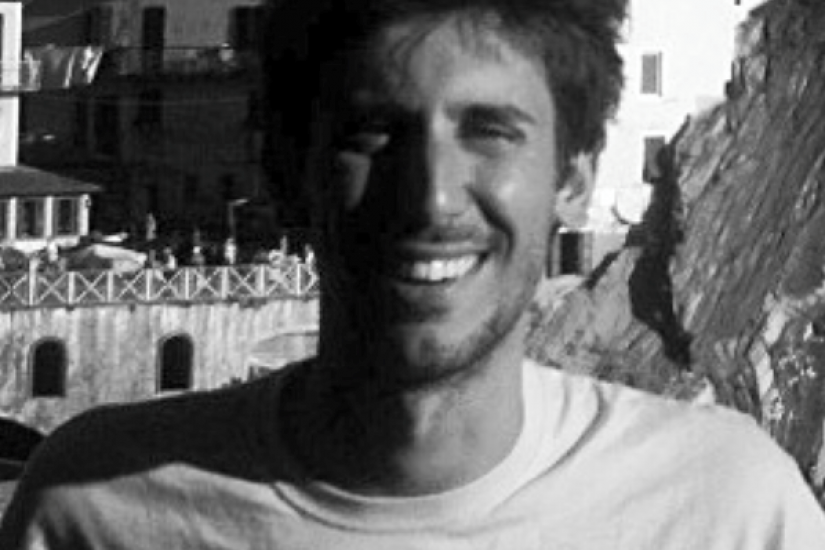
ABSTRACT | Human cooperation is an evergreen puzzle, at the heart of which is the divide between the Darwinian desire to maximize personal benefits and our social instincts that dictate prosocial behavior. The public goods game is particularly apt in describing the dilemma. The game is played in groups, where individuals can decide between cooperation and defection: cooperators contribute with a token to a public pool, whereas defectors do not. The amount of tokens in the pool is multiplied by a synergy factor r, and the resulting amount is divided equally among all players. Clearly, the best individual strategy is defection. However, if everybody decides to defect there will be no public goods. In order to avoid the tragedy of the commons in a society, cooperation is thus needed. Network reciprocity suggests that interactions that are not mixed but occur repeatedly among the same group of players are able to reward prosocial behavior and thus support cooperation. In the first part of the talk, I analyze the role of irrationality in the public goods game and its negative effects on network reciprocity. In the second part, I review recent works stating that multilayer networks can further enhance cooperation through interdependent network reciprocity. While it is true that multiplexity can sustain cooperation under adverse conditions, novel results show that this is possible only when some structural and dynamical constraints are fulfilled. These results caution against early overly optimistic predictions that the presence of multiple social domains may in itself promote cooperation.
BIO | Federico is a PostDoctoral researcher at the Center for Network Science at Central European University in Budapest, working with Roberta Sinatra and Laszlo Barabasi on characterizing the evolution of interdisciplinary research and its implication for success. He was previously based at the Department of Anthropology at University College London and at the Brain and Spine Institute in Paris as a CNRS researcher working on applications of network science respectively to hunter-gatherer populations and neuroscience. Before that, Federico received a PhD from the School of Mathematical Sciences of Queen Mary University of London, where he was part of the Complex Systems and Networks Group working under the supervision of Vito Latora and a member of the EU-FP7 project LASAGNE on the structure and dynamics of multilayer networks.